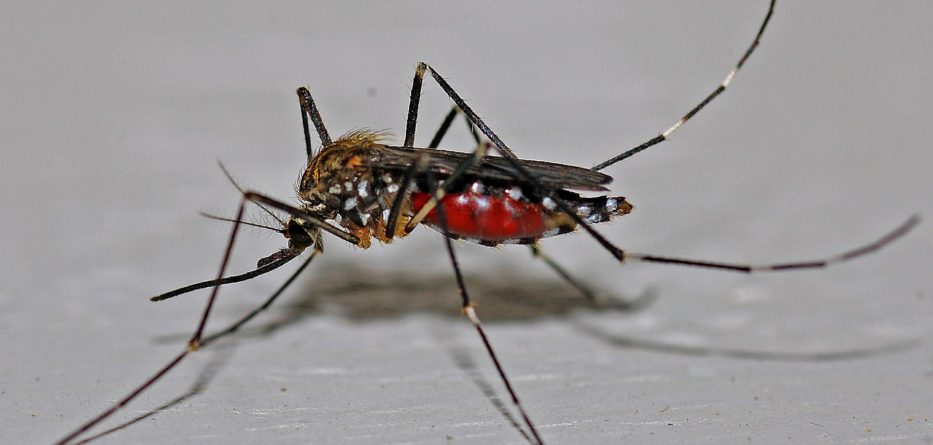Due to weather conditions, the treatments will occur Thursday, February 23
SANTA CLARA COUNTY, CALIF. – In light of the predicted rain beginning Thursday February 16th, the helicopter coastal areas treatments planned for that day in the ITT Marsh and the Palo Alto flood basin, in Palo Alto, and Zanker Marsh near Alviso have been postponed to Thursday, February 23.
The treatment scheduled by the Santa Clara County Vector Control District (SCCVCD) is intended to reduce the emergence of adult mosquitoes with a biological control agent and insect growth regulator applied by helicopter.
Commonly called the “winter salt marsh mosquito,” Aedes squamiger lays its eggs in the moist soil in late spring and early summer. These eggs can lay dormant for many years, even after repeated flooding. High tides and seasonal rains, together with the short days and cooler temperatures of winter, cause the eggs to hatch as early as November. If left untreated, this species is known to bite viciously during the day and can fly over 15 miles from its breeding grounds to feed on humans and other mammals.
SCCVCD has been closely monitoring the development of mosquito larvae in the areas to be treated. Current field conditions and mosquito growth trends indicate a high probability that a significant number of salt marsh mosquitoes will become adults in early to mid-March if left untreated. The mosquito fly-off may affect residents from the north coastal areas of the county to as far south as the southernmost part of the City of San José and east to Milpitas. The aerial treatment is intended to minimize the number of mosquitoes and reduce the risk of mosquito bites to residents in the surrounding communities.
The SCCVCD encourages residents to report mosquito-breeding sources and take preventive measures, such as wearing long-sleeved shirts and long pants, and applying repellent if they plan to be outdoors where mosquitoes are biting.
For more information about mosquito prevention and free assistance on mosquito control, residents may call the District office at (408) 918-4770, fill out a service request online at SCCvector.org or use the SCCvector app, downloadable at SCCvector.org/app.





